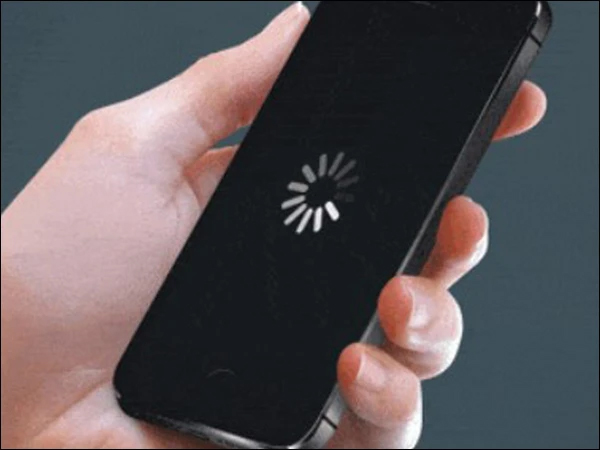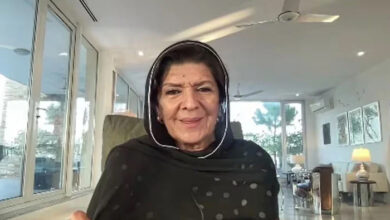Why Does Internet Slow Down During Protests? Peshawar High Court Seeks Response from Interior Minister and IT Ministry

Peshawar: The Peshawar High Court has directed Pakistan’s Interior Minister and Ministry of Information Technology (IT) to explain why the internet slows down during protests across the country. The court’s order came in response to a petition filed regarding internet service disruptions.
During the hearing of the petition, a two-member bench consisting of Justice Waqar Ahmad and Justice Kamran Hayat Miankhel was informed by the petitioner’s lawyer, Noman Mohib Kakakhil, that the internet service in Pakistan had been facing significant slowdowns, particularly during protests. The lawyer pointed out that no official orders or regulations had been issued to justify these slowdowns, yet it was a common practice to throttle internet speeds during protests, causing severe hardships for citizens and disrupting business activities.
Justice Waqar Ahmad inquired whether the government denied intentionally slowing down the internet, to which the petitioner’s lawyer responded that the government often publicly stated its intention to restrict internet access during protests.
Justice Kamran Hayat noted that there are two types of internet services: landline internet, which typically slows down but remains functional, and mobile internet, which is more significantly affected during such disruptions.
The court instructed the petitioner to provide detailed evidence regarding these disruptions by the next hearing. Subsequently, the court sought responses from the federal Ministry of Interior and the Ministry of Information Technology regarding the issue.
The case highlights growing concerns over the impact of internet slowdowns on daily life, business operations, and citizens’ rights to information during times of public unrest.






